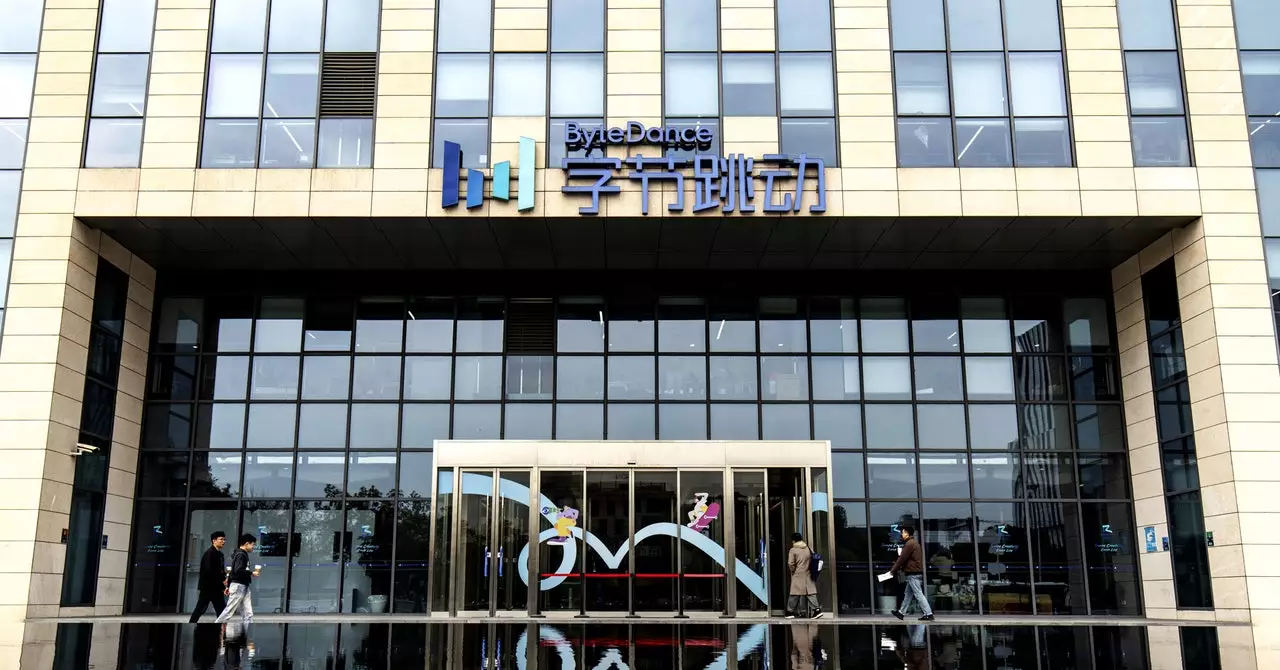In a surprising turn of events, the AI research community is grappling with a complex scenario following the recognition of Keyu Tian, a former intern at ByteDance. Tian recently garnered the prestigious Best Paper Award at the Neural Information Processing Systems (NeurIPS) conference for his work titled “Visual Autoregressive Modeling: Scalable Image Generation via Next-Scale Prediction.” This honor, however, is shadowed by allegations of professional misconduct, including claims of sabotaging colleague work. As innovations in the field continue to surge, the juxtaposition of ethical responsibility and groundbreaking research raises critical questions about the integrity of academic accolades.
NeurIPS stands as a prominent gathering for machine-learning experts, and the Best Paper Award is one of its highest honors. Tian, a master’s student at Peking University, co-authored this paper alongside colleagues associated with both his institution and ByteDance. The research’s purported advancements in image generation cite increased speed and efficiency as groundbreaking. However, the accolade’s bestowal raises concerns about the award committee’s decision-making processes when an ethical cloud hangs over an author. Critics argue that the recognition sent mixed messages regarding the mechanisms governing academic integrity in AI research.
The NeurIPS award committee’s defense of their process underscores a crucial aspect of scientific evaluation: the blind review system. This system is designed to assess paper submissions strictly on their scientific merit, ostensibly detached from the author’s reputation or personal behavior. Yet, the situation surrounding Tian has ignited discussions about whether a purely meritocratic approach is sufficient in an academic landscape where ethical behavior is paramount. The reactions on social media, particularly from experts like Abeba Birhane, illustrate growing concerns that awarding such accolades to individuals with unresolved ethical issues could undermine the conference’s standing as a bastion for scientific integrity.
This incident is emblematic of an increasingly precarious balancing act within the AI research community. As technological advancements accelerate, the stakes associated with ethical conduct in research become ever higher. Academics and industry professionals alike must navigate the delicate intersections of innovation and ethics, grappling with how to maintain the integrity of their work alongside competitive pressures. This case provokes vital conversations about the responsibilities of award bodies in upholding not only scientific merit but also the ethical standing of their awardees.
As the AI research community ponders this unfolding drama, it becomes evident that navigating the landscape of innovation and ethics requires collective introspection. Are current evaluation methodologies robust enough to filter out individuals whose actions might contradict the very principles many conferences embody? This controversy may serve as a catalyst for reshaping how recognition in academia intersects with the foundational ethics of research. Striking the right balance will be essential to ensuring the integrity and trustworthiness of future innovations in AI. Ultimately, the implications of this case reach far beyond one individual, representing a systemic challenge that the research community must address head-on.

